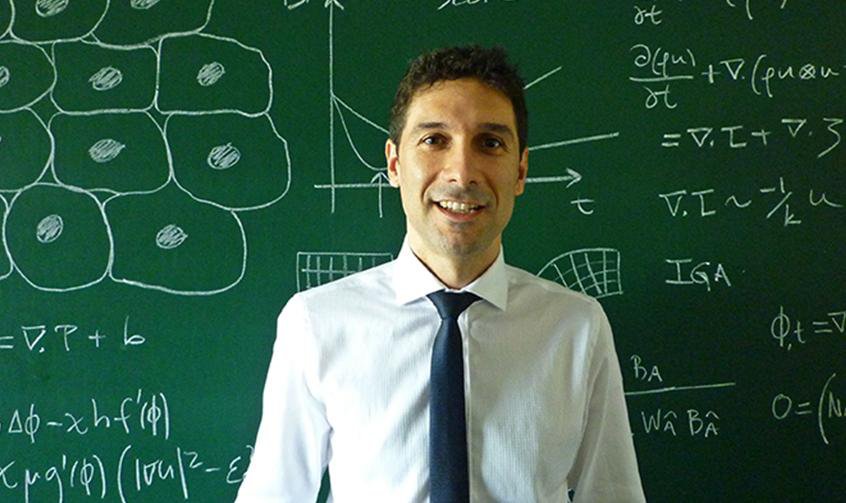Biotechnology & medicine
Héctor Gómez
New methods to predict the evolution of the stages of prostate cancer
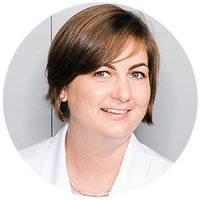
Global
Megan McCain
Heart on a chip paves the way for personalized cardiac medicines.
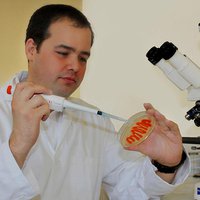
Latin America
Jose Ruben Morones Ramirez
His combination of antibiotics and silver salts multiplies the effect against infectious diseases
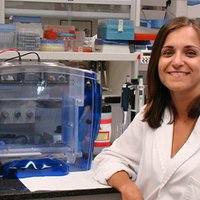
Europe
Judit Cubedo
A protein for early diagnose of heart attacks
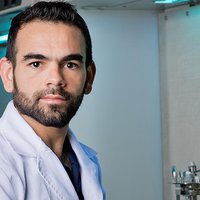
Latin America
Daniel Alberto Jacobo Velázquez
He has developed an alternative to GM systems to convert vegetable waste in bioactive compound factories
